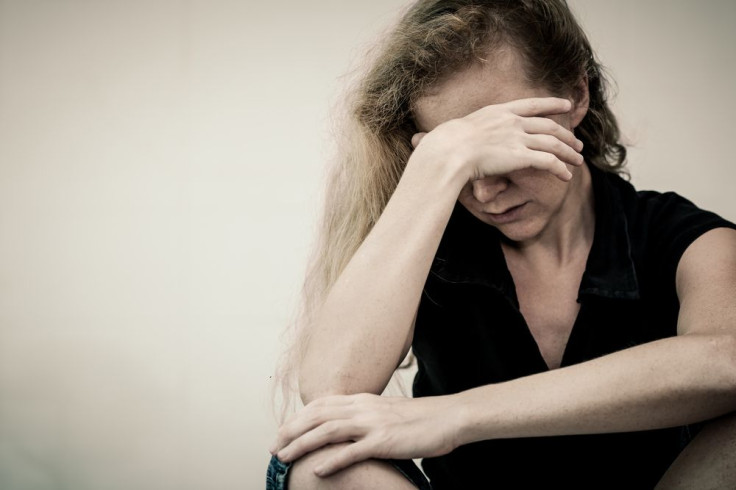Bipolar Depression Treated With Low-Strength Magnetic Stimulation May Improve Moods Faster

Treating depression should always be of the utmost importance because of its tendency to drive some people to consider suicide. But for people with bipolar disorder, who experience extreme highs and lows more severe than the typical mood swings of others, getting treatment becomes even more urgent. They need to feel better fast. Unfortunately, many of the current treatments, such as electroconvulsive therapy (ECT) and transcranial magnetic stimulation (TMS), as well as antidepressants, have a delayed onset. A new study finds, however, that low-field magnetic stimulation (LFMS), which involves a previously unused magnetic field, may help them feel better faster.
“LFMS us unlike any current treatment,” said study author Dr. Michael Rohan, of the Department of Psychiatry at Harvard Medical School, in a press release. “It uses magnetic fields that are a fraction of the strength but at higher frequency than the electromagnetic fields used in TMS and ECT.” The researchers accidentally discovered that this combination of low power and high frequency was able to improve moods in depressed bipolar patients faster than other treatments.
After developing a portable LFMS device, they tested it on 63 depressed patients who were diagnosed with either major depressive disorder or bipolar disorder. Each person underwent a 20-minute procedure in which some received the full treatment while others got a placebo, involving the use of the LFMS with inactive electromagnetic fields. During this stage of the study, the researchers were also unsure of who underwent the full treatment.
Upon receiving the results, the researchers found that patients who underwent actual LFMS showed improved moods. Even better, they became happier much faster than they would have with normal treatment, which can sometimes take weeks. “The idea that weak electrical stimulation of the brain could produce beneficial effects on depression symptoms is somewhat surprising,” said Dr. John Krystal, editor of the journal Biological Psychiatry, where the study is published, in the press release. “Yet, the data make a compelling case that this safe approach deserves further study.”
The researchers hope that, if the device were to be tested and approved, it would provide immediate relief to people who become depressed, especially in emergency situations like when attempting suicide. Bipolar disorder affects an estimated 5.7 million American adults, or 2.6 percent, according to the National Institute Mental Health. The disorder typically develops around 25 years of age, and is particularly dangerous for women, who tend to get more depressive episodes than men.
Source: Rohan M, Yamamoto R, Cohen B, et al. Rapid Mood-Elevating Effects of Low Field Magnetic Stimulation in Depression. Biological Psychiatry. 2014.



























